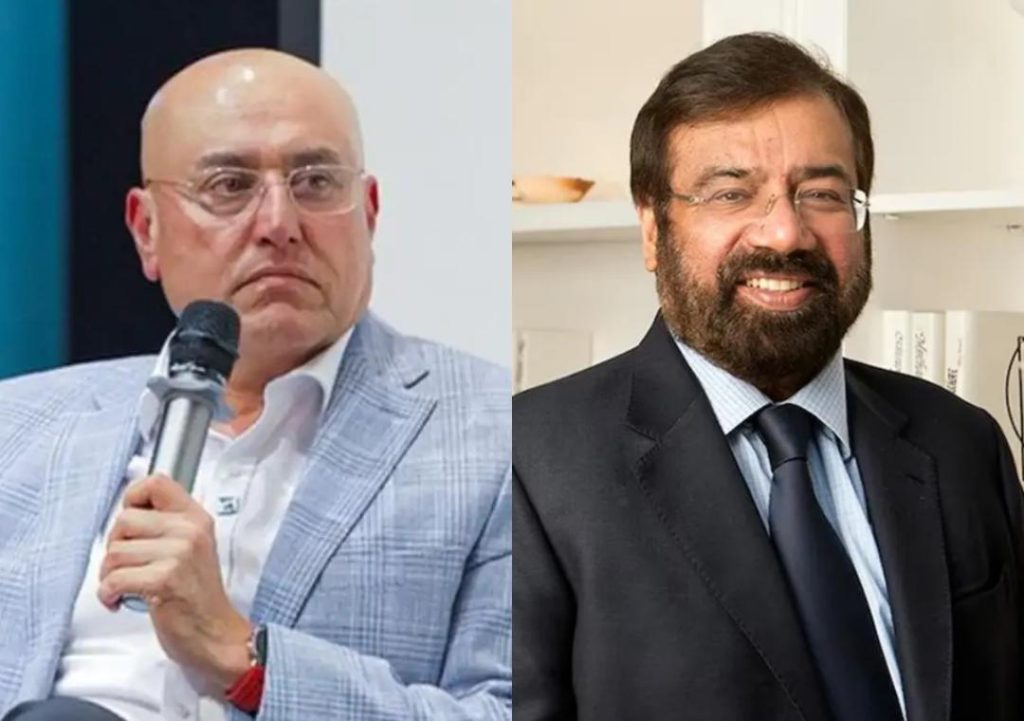
Hotmail Co-founder says ‘truth=anti-India’, Goenka replies ‘Living in US & lecturing us?’
In a recent social media post, Sabeer Bhatia, the co-founder of Hotmail, sparked a heated debate by claiming that in India, those who speak the truth are labeled as “anti-national”. His statement has left many questioning the state of freedom of speech in the country.
Bhatia, who is currently living in the United States, made the comment in response to a tweet by a user who had expressed dismay over the ongoing controversies in India. Bhatia tweeted, “Then who’s a national? The one who lies to you?” The tweet quickly went viral, with many interpreting it as a commentary on the current political climate in India.
However, not everyone was convinced by Bhatia’s statement. Harsh Goenka, a billionaire businessman and chairman of the RPG Group, was quick to respond to Bhatia’s tweet. Goenka, who is also a prominent voice on social media, took umbrage with Bhatia’s comment and replied, “Living in California and lecturing a billion Indians back home?…India doesn’t need sermons from those who packed up and left.”
Goenka’s response was seen as a scathing critique of Bhatia’s comment, with many interpreting it as a challenge to the notion that those who speak the truth are necessarily “anti-national”. Goenka’s point was that Bhatia, as someone who has left India and is now living in the United States, has no right to lecture Indians on what is and isn’t “true”.
The exchange between Bhatia and Goenka has sparked a wider conversation about the role of freedom of speech in India. Many have pointed out that Bhatia’s comment was tone-deaf and elitist, implying that only those who have left India and are living abroad have a right to speak the truth.
Others have argued that Bhatia’s comment was a reflection of the broader issue of how truth is perceived in India. In a country where the notion of “national interest” is often invoked to silence dissenting voices, Bhatia’s comment was seen as a subtle endorsement of this dangerous trend.
Goenka’s response, on the other hand, has been seen as a powerful critique of the notion that only those who have left India have a right to speak the truth. His comment highlights the hypocrisy of those who claim to be champions of freedom of speech while simultaneously silencing voices that disagree with their own.
The debate has also raised questions about the role of social media in shaping public discourse. Both Bhatia and Goenka have large followings on social media, and their comments have been widely shared and discussed. However, the fact that their exchange has sparked such a heated debate also raises questions about the limits of free speech online.
In an era where social media platforms are increasingly being used to silence dissenting voices, the debate between Bhatia and Goenka serves as a powerful reminder of the importance of defending freedom of speech. As Goenka’s comment so astutely put it, “India doesn’t need sermons from those who packed up and left.”
Ultimately, the debate between Bhatia and Goenka is a reminder that freedom of speech is not just a right, but also a responsibility. It is a reminder that those who claim to be champions of truth must also be willing to listen to and engage with opposing viewpoints.






